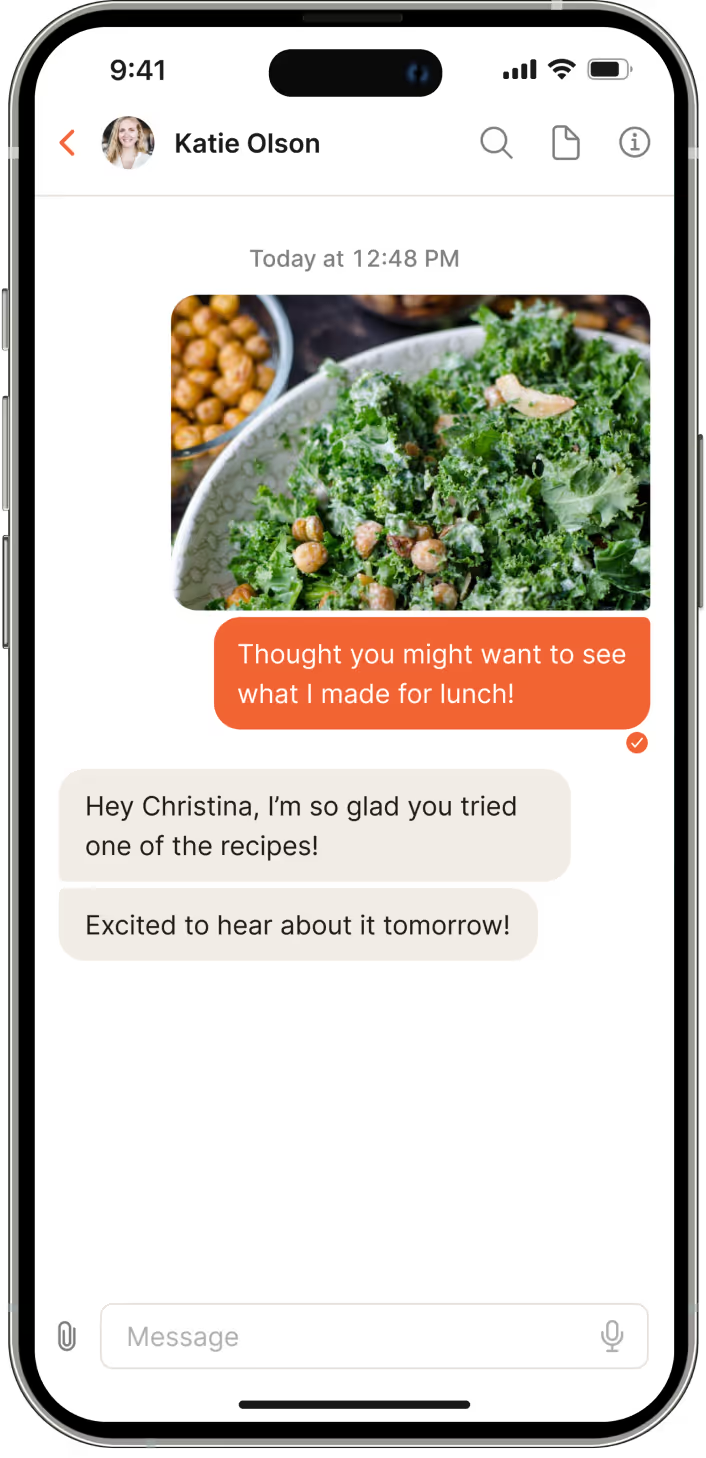Nutrition Therapy for GLP-1s


How does Nourish support patients in their GLP-1
medication journey?
Nourish can support patients on or off of GLP-1s with a personalized plan designed to help you achieve your weight goals while feeling your best.
Nourish GLP-1
Companion Program
This pathway is designed for patients currently taking GLP-1s.
Nourish GLP-1
Off Ramp Program
This pathway is designed for patients who are in the process of discontinuing or have recently discontinued medication.
Real results
Nourish programs have delivered meaningful outcomes for patients in just 6 months
greater weight loss for Nourish patients on GLP-1s (vs. non-Nourish patients)
of Nourish patients on GLP-1s lost at least 5% weight
of Nourish patients on GLP-1s lost at least 10% body weight
of Nourish patients on GLP-1s reported improved side effects since working with their RD
of Nourish patients who discontinued GLP-1s found their Nourish RD helpful in maintaining weight loss
Read more on how Nourish has helped patients on GLP-1s optimize for the greatest results in our white paper
FAQs

To maximize the benefits of GLP-1s, it is recommended that you follow a healthy diet and engage in regular physical activity alongside your medication regiment. Other lifestyle changes that may also be beneficial include drinking plenty of water, getting adequate sleep, and managing stress. Your Nourish RD can be an important support to you on this journey.
During your first appointment with a dietitian, you can expect to review your medical history, eating habits, lifestyle, and medication usage. You’ll get to know your dietitian and have the opportunity to ask them any questions.
A registered dietitian can also help with the following related conditions:
- weight loss
- diabetes / pre-diabetes
- bariatric surgery




%20Logo%20-%20vector69.com.svg)















